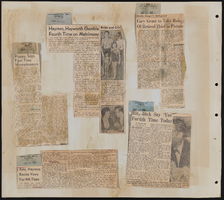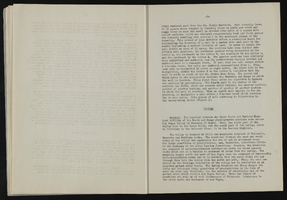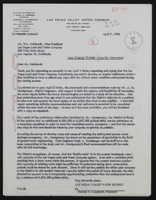Congregation Shirat Shalom
Congregation Shirat Shalom was founded in spring of 2013 in the Henderson/Las Vegas area by four unaffiliated Jews looking for a place to be comfortable, affordable and worship in the Reform style of Judaism. The concept of starting a new congregation without walls became very appealing and initially met as a nameless Havurah, or friendship group, and participants took turns leading the worship services.
As the number of participants grew, the group became a full congregation, leading to the development of Congregation Shirat Shalom, meaning ‘Song of Peace’.






